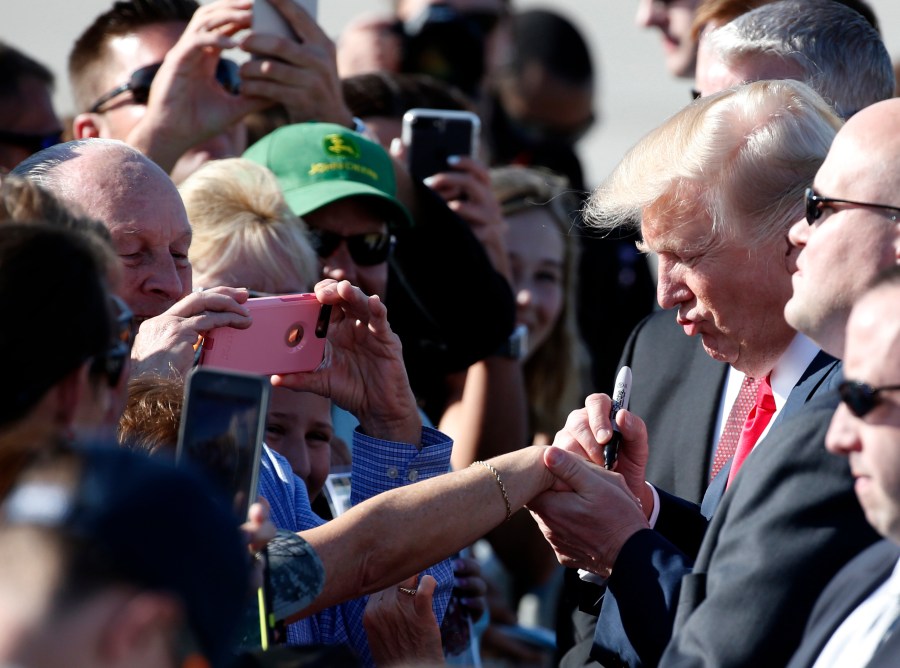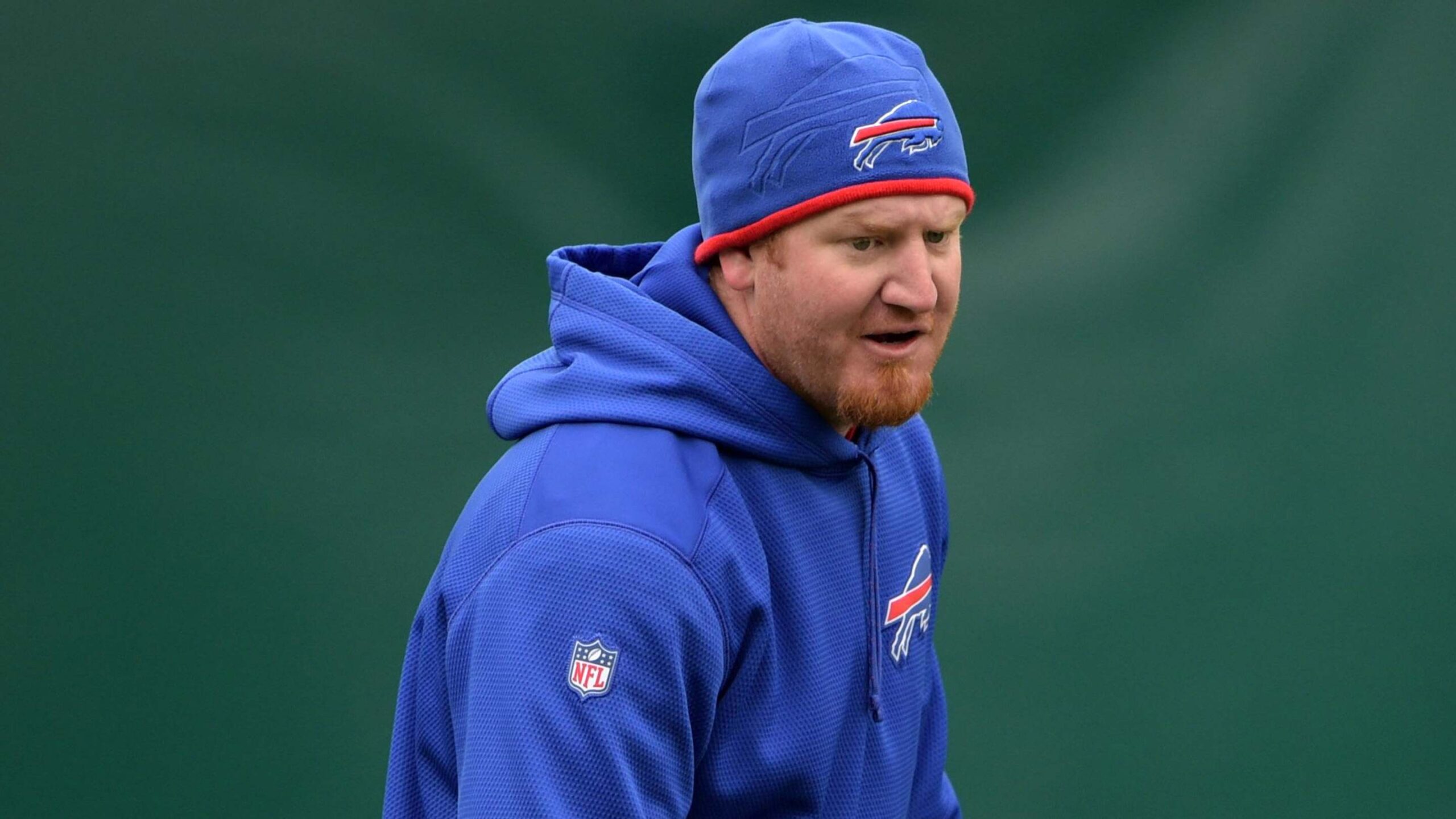
The signature of former U.S. President Donald Trump is now a focal point of controversy due to its connection with Jeffrey Epstein, the convicted sex offender who died by suicide in prison in August 2019. Recently, a House committee released documents from Epstein’s 50th birthday album that allegedly include Trump’s signature on two items: a provocative drawing and a novelty check featuring Trump’s name. This revelation has ignited a debate regarding the authenticity of the signatures and their implications about Trump’s past relationship with Epstein.
The album, made public on a Monday, has prompted some committee members to assert that the signatures, characterized by their distinctive multi-peaked style, are genuine. Trump’s signature is widely recognized, making the scrutiny particularly significant. In response, Trump has denied the authenticity of the signatures, stating, “It’s not my signature. And it’s not the way I speak,” during an interaction with reporters outside a restaurant in Washington.
The importance of these signatures lies not only in their perceived authenticity but also in the ongoing bipartisan effort in Congress to release the so-called Epstein files. This push comes after years of speculation and conspiracy theories that have been fueled by Trump and his allies. The Justice Department has begun transferring records from the Epstein investigation to the House Oversight Committee, bringing further attention to Trump’s connections to Epstein.
Authenticity Challenges and Political Implications
Determining the authenticity of a signature is a complex process, according to experts. Handwriting scholars and memorabilia specialists have noted that, while signatures traditionally confer authority, proving their authenticity has become increasingly challenging, especially in a climate where forged signatures proliferate. Tyler Feldman, owner of Inscriptagraphs, a memorabilia firm, emphasized the difficulty of verification in the era of advanced technology, stating, “There are so many fraud signatures out there… whether he signed it or not, it’s too hard to say.”
Despite the challenges, signatures have long held significant value in American culture. They are often viewed as symbols of authority, with John Hancock‘s flamboyant signature on the Declaration of Independence serving as a historical reference point. In contemporary politics, signatures from presidents are frequently showcased as status symbols, used during ceremonial signings of legislation and other key documents.
The implications of the Epstein birthday album extend beyond the signatures themselves. Trump’s associations with Epstein have become a political liability, particularly as calls for transparency regarding the Epstein files grow louder. Republican Congressman Thomas Massie of Kentucky, who is advocating for a House vote to compel the Justice Department to release these documents, acknowledged the letter’s potential distraction but noted its relevance to questions surrounding credibility in the ongoing investigation.
Trump’s Signature as a Brand
Trump’s signature is not just a personal mark; it is intertwined with his public persona and business brand. Known for his bold handwriting, Trump has often used his signature to enhance his visibility and appeal. He famously signed autographs for supporters during rallies, reinforcing his image as a celebrity before he entered the political arena.
In contrast to his claims about the authenticity of presidential documents, Trump has accused President Joe Biden of using an autopen for signing key papers, alleging that this compromises their validity. While Trump has no evidence to support this assertion, it highlights the significance he places on authenticity, both in his own signature and in the broader context of political documentation.
The spectacle of signing documents often attracts media attention, with Trump frequently inviting journalists into the Oval Office to witness the act. Such moments are not merely functional but serve to project the power of the presidency, as he proudly displays his signature to the cameras.
As the scrutiny around Trump’s signature persists, it serves as a reminder of the complex interplay between personal branding, political legacy, and authenticity in contemporary politics. The ongoing investigation and its revelations are likely to keep the scrutiny alive, as both supporters and critics seek clarity on Trump’s past associations and the implications for his future.







